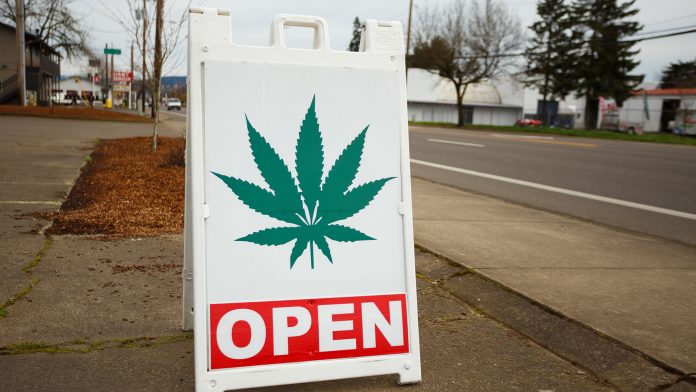
Legalising recreational cannabis does not increase substance abuse disorders or the use of other illicit drugs in adults, according to a new study.
A new study by the University of Colorado at Boulder analysed data from over 4,000 twins from Colorado and Minnesota to understand if there is a link between legalising recreational cannabis and substance abuse, along with investigating any correlations between increases in cognitive, psychological, social, relationship or financial problems.
“We really didn’t find any support for a lot of the harms people worry about with legalisation,” said lead author Stephanie Zellers, who began the research as a graduate student at CU Boulder’s Institute for Behavioral Genetics (IBG). “From a public health perspective, these results are reassuring.”
The findings are published in Psychological Medicine.
Using a twin study to understand the effects of legalising recreational cannabis
Researchers used data from two twin studies, one housed at IBG and the other at the Minnesota Center for Twin Family Research. The studies followed participants, now aged 24 to 49, since adolescence, collecting data on the use of alcohol, tobacco, cannabis and several illicit drugs and measures of “psychological health”.
The twin studies are especially interesting as recreational cannabis is legal in Colorado and in Minnesota, recreational cannabis use is illegal.
The researchers compared the 40% of twins who live in states where recreational cannabis use is legal compared to those living in states where it is illegal to understand the impact of legalising recreational cannabis.
Furthermore, by specifically comparing twin to twin in 240 pairs in which one lives in a legalised state and the other does not, researchers could understand any changes caused by legalising recreational cannabis.
“This co-twin design automatically controls for a wide range of variables, including age, social background, early home life and even genetic inheritance that can influence health outcomes,” said John Hewitt, professor of psychology and neuroscience at CU Boulder. “If the association holds up, it provides strong evidence that the environment, in this case, legalisation, is having an impact.”
In a previous study, data showed that identical twins living in states where cannabis is legal used it around 20% more often than their twin states where it’s illegal.
Does legalisation lead to more problems?
The researchers then looked at whether more cannabis use led to more problems. They looked at survey results of 23 measures of “psychological distress”, including the use of alcohol and illicit drugs such as cocaine and heroin, psychotic behaviour, financial distress, cognitive problems, unemployment, and relationships at work and home.
They found no relationship between legalising recreational cannabis and a heightened risk of a cannabis use disorder, or cannabis addiction. They also found no changes in illicit drug use following legalisation.
“For low-level cannabis use, which was the majority of users, in adults, legalisation does not appear to increase the risk of substance use disorders,” said co-author Dr Christian Hopfer, a medical doctor and professor of psychiatry at IBG and CU Anschutz who studies substance abuse disorders.
Twins in states where cannabis is legal also showed fewer symptoms of alcohol use disorder.
The authors noted that the study did not look at impacts on adolescents or closely analyse the kinds and dosages used.









